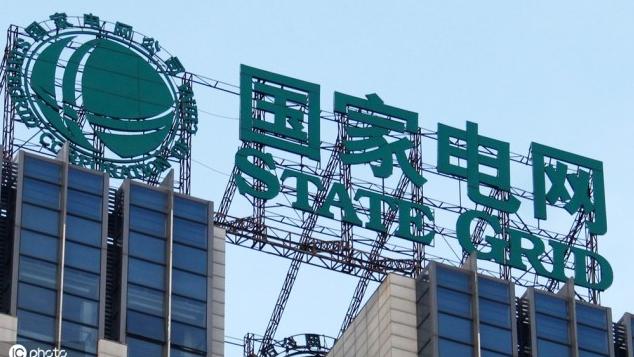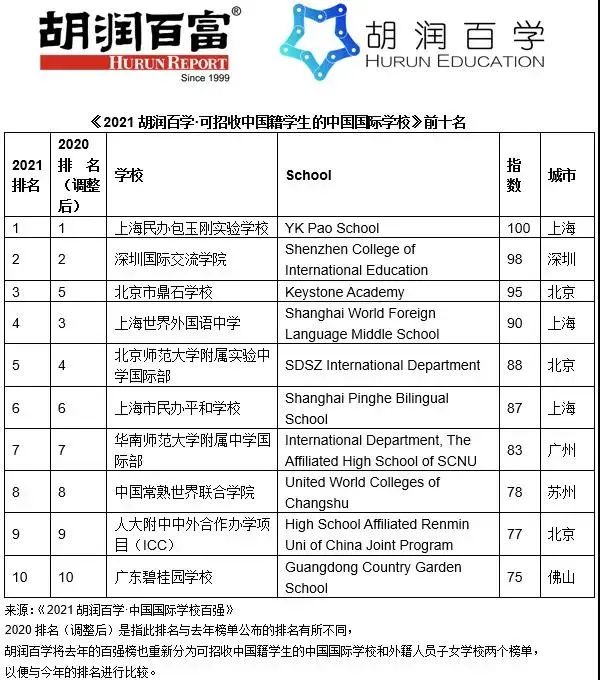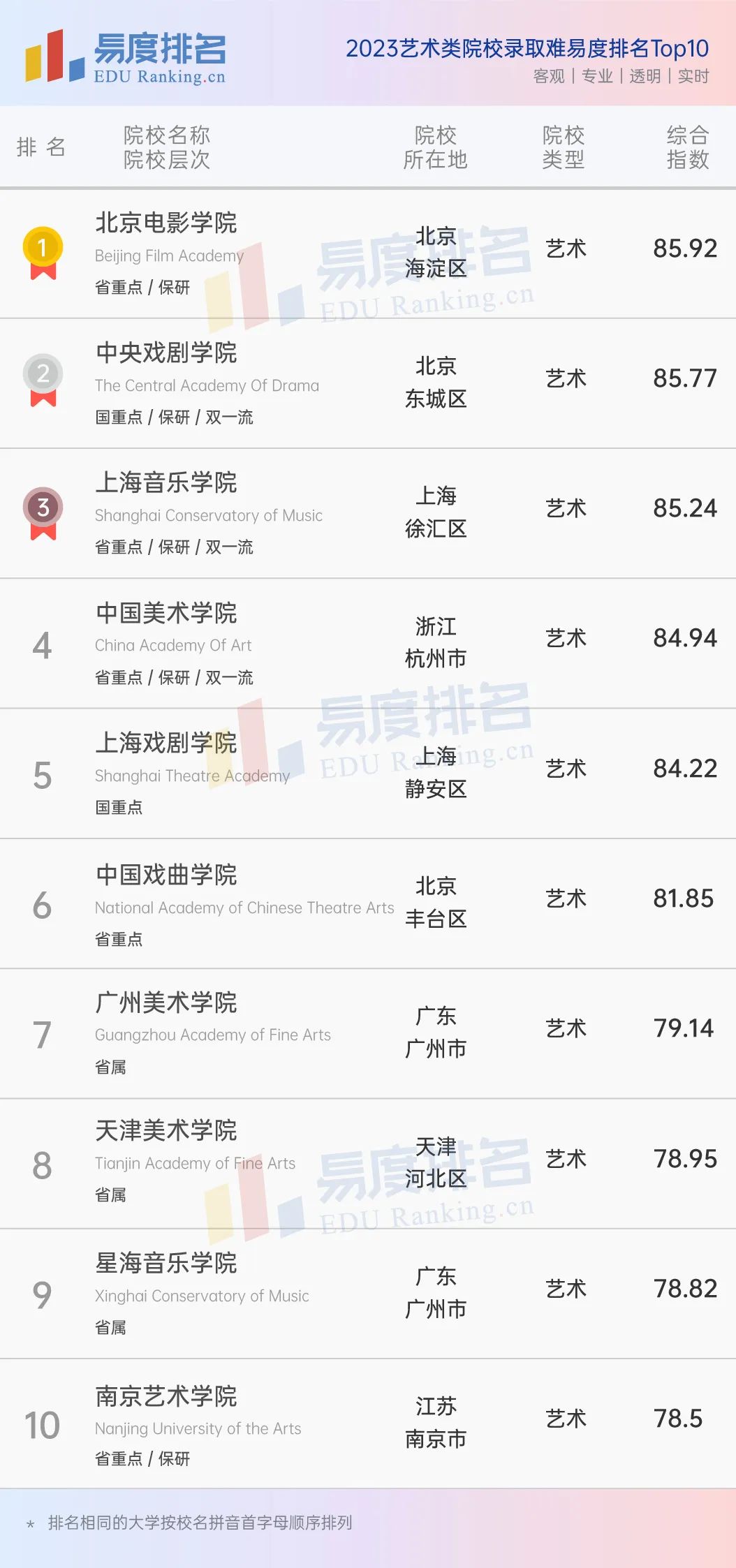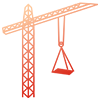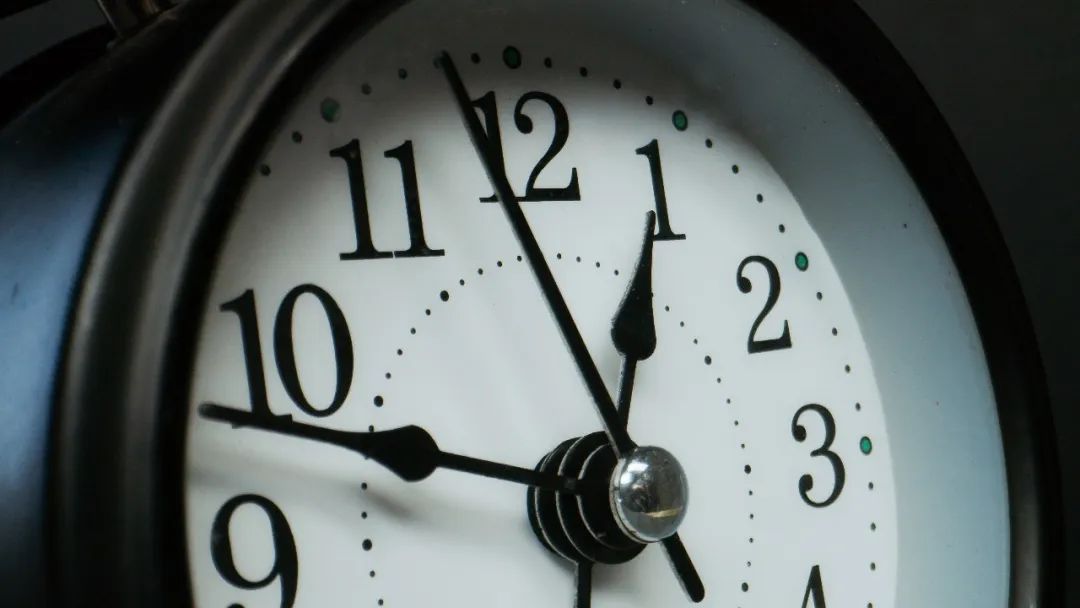 举个例子:
I'll back to my hometown the week after next.
我下下周回老家。
举一反三,下周一是next Monday,下下周一就是the week after the next Monday。
同样的,下下个月就是the month after next。
举个例子:
I'll fly to Paris the month after next.
我下下个月飞巴黎。
说到这个“after”,有些朋友可能会闹出笑话,比如中文说“一周后见”,按照中文的理解就应该用“after”,实际上在英文中应该是用介词“in”,“See you in a week.”
“in”和“after”的区别在于它们表示的时间概念是不一样的:
举个例子:
I'll back to my hometown the week after next.
我下下周回老家。
举一反三,下周一是next Monday,下下周一就是the week after the next Monday。
同样的,下下个月就是the month after next。
举个例子:
I'll fly to Paris the month after next.
我下下个月飞巴黎。
说到这个“after”,有些朋友可能会闹出笑话,比如中文说“一周后见”,按照中文的理解就应该用“after”,实际上在英文中应该是用介词“in”,“See you in a week.”
“in”和“after”的区别在于它们表示的时间概念是不一样的:
- in +时间段:与将来时连用
- after +时间段:与过去时连用
- after +时间点:可与将来时连用
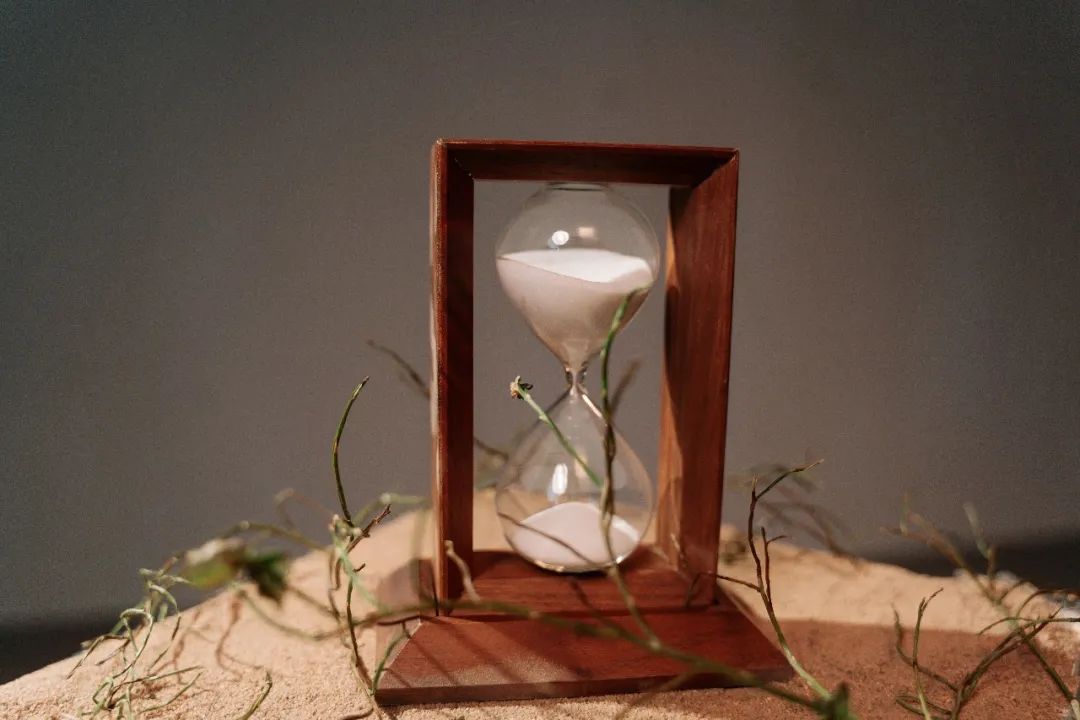 “day in day out”也是日复一日的意思哦,常用来描述一些无聊的状况。
英文释义:(especially of something boring) done or happening every day for a long period of time.
例如,每天都在做重复性的、机械的工作时,就可以说:I have to do the same boring jobs day in day out.
还有一个常见的短语:day by day,可以理解为“逐渐地;渐渐地”,“gradually over many days”。
举个例子:
Day by day I am getting better and better.
我在一天天地好转。
from one day to the next
这个短语的含义需要根据语境去理解,你可以把它理解为“every day”,也可以把它理解为“one day”。
举个例子:
She changes her mind from one day to the next.
她的想法每天都在变。
You never know from one day to the next what's going to happen to you.
你永远不预料到将来会发生什么。
“day in day out”也是日复一日的意思哦,常用来描述一些无聊的状况。
英文释义:(especially of something boring) done or happening every day for a long period of time.
例如,每天都在做重复性的、机械的工作时,就可以说:I have to do the same boring jobs day in day out.
还有一个常见的短语:day by day,可以理解为“逐渐地;渐渐地”,“gradually over many days”。
举个例子:
Day by day I am getting better and better.
我在一天天地好转。
from one day to the next
这个短语的含义需要根据语境去理解,你可以把它理解为“every day”,也可以把它理解为“one day”。
举个例子:
She changes her mind from one day to the next.
她的想法每天都在变。
You never know from one day to the next what's going to happen to you.
你永远不预料到将来会发生什么。
 也可以理解为“before each day happens”。
举个例子:
We don't know what's going to pop up from one day to the next.
我们不知道明天还会发生什么事。
今天的短语就分享到这里啦,最后给大家留下一个问题:“go”是“走”,“toe”是“脚趾”,那“go toe to toe”是什么意思?
也可以理解为“before each day happens”。
举个例子:
We don't know what's going to pop up from one day to the next.
我们不知道明天还会发生什么事。
今天的短语就分享到这里啦,最后给大家留下一个问题:“go”是“走”,“toe”是“脚趾”,那“go toe to toe”是什么意思? 本站内容收集整理于网络,多标有原文出处,本站仅提供信息存储空间服务。如若转载,请注明出处。


